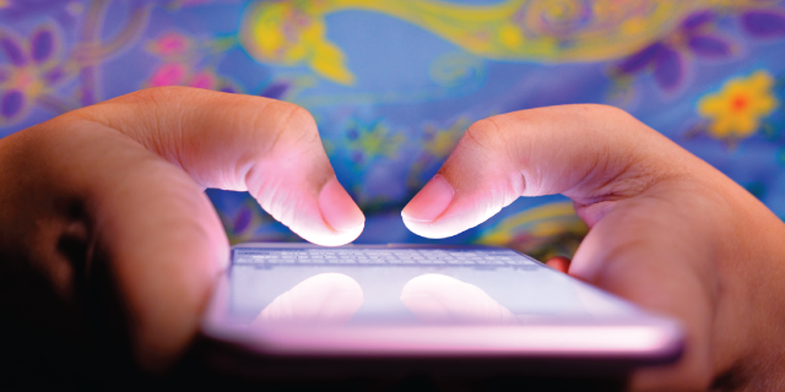
Sarah Schnitker, an associate professor of psychology and neuroscience at Baylor University and author of the 2012 study "An Examination of Patience and Well-Being," answers the question "how to be more patient" in an interview with CNN:
She says that "cognitive reassessment - where you think about the situation from a new perspective - or finding benefits - asking yourself what the positive thing can come from this negative situation - can help you wait in the moment and also can help you build long-term patience. "
Awareness of emotions and true identification of what you are feeling can help. It is important to know and learn to be patient because this will be directly related to many other aspects of your life.
One study has shown that "more patient people are better able to cope with psychological crises." These types of people are even more likely to get over the symptoms of depression better. In this form, patience can help a person heal.
Practicing being patient can be difficult because it often happens suddenly. Imagine your child starts screaming out of nowhere in the middle of the road or gets stuck in traffic before a really important meeting.
What you need to do is first be aware of the importance of patience in your life.
You can then communicate with someone, practice meditation regularly and work with yourself to get to know your emotions better and name them.
Emotional fluency makes it easier to re-evaluate situations, even if they are unpredictable. If you change the way you think, it also changes the way you feel - but first you need to know what you are feeling.
Source: CNN





